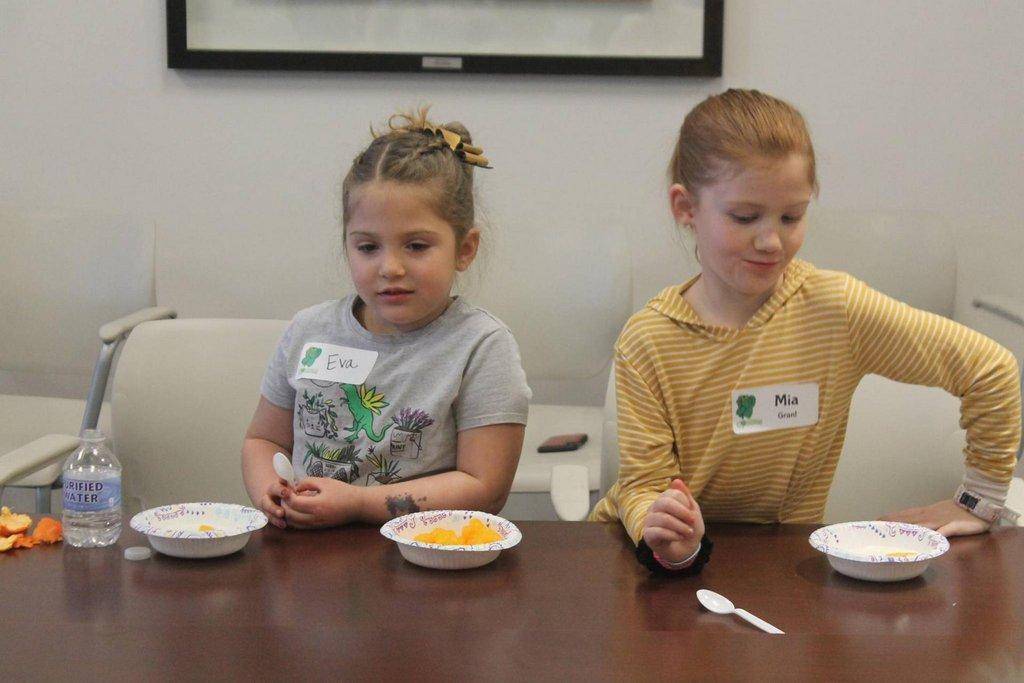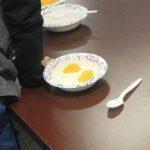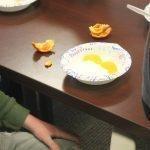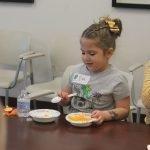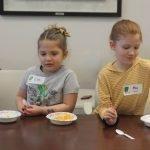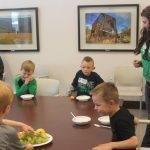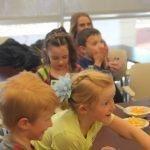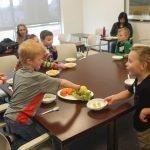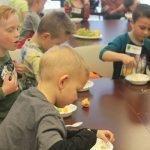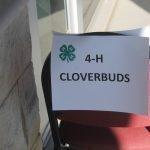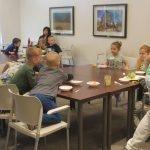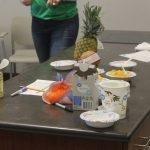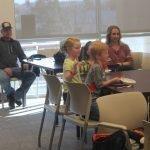Christina Pay began her position as the Family and Consumer Sciences Assistant Professor at USU Extension in July of 2019. As she became familiar with the various Extension programs, particularly 4-H, Pay discovered that there was not a 4-H Cloverbuds community program.
As far as anyone that Pay spoke with could remember, there had never been a Cloverbuds program in Carbon County. An advocate of early childhood education, Pay felt that the 4-H Cloverbuds would be a great program for the children of the area. Her knowledge that 4-H is a positive youth development program that is based on an experiential learning model spurred this desire in Pay as well.
The purpose of the Cloverbuds program is to promote children’s healthy development mentally, emotionally, physically and socially. The program is developmentally age-appropriate to encourage creativity and play.
“4-H Cloverbuds is fun and positive, leader-directed, activity-based, noncompetitive, success-oriented and group-centered,” Pay stated.
When Castleview Hospital leaders gained knowledge of the 4-H Cloverbuds program, they felt the program’s purpose aligned well with the hospital’s mission. From there, they requested that the hospital partner with USU Extension not only in the Cloverbuds program, but in 4-H as a whole. Castleview will be assisting Cloverbuds with funds for activities as well as providing employee volunteers.
“We are trying to align ourselves with as many youth-involved activities as possible because we believe that we will truly achieve our mission of making communities healthier if we focus on Carbon County’s future,” stated Amanda Paiz of Castleview Hospital. “Everything that the Cloverbuds program stands for is enriching the youth’s minds, improving their skill set and teaching life skills, which is what we want for our children.”
Due to the positive response from the community, 4-H Cloverbuds now has two groups and are anticipating the need to create a third group soon. Currently, the activities are hosted once per month per group with hopes to expand into three or four activities per month as the program progresses. Pay oversees the Cloverbuds along with two volunteer coordinators, Tamara Dockstader and Emily Harmer. They oversee parent volunteers, as well as the monthly activities.
All volunteers must complete 4-H volunteer training with 4-H Coordinator DeLayna Barr. The Cloverbuds met on Feb. 20, where they had fun making creations with food. They will next meet on March 19, where they will dig for dinosaurs. For more information on the program, contact Pay and the USU Extension office at (435) 636-3233 or christina.pay@usu.edu.

